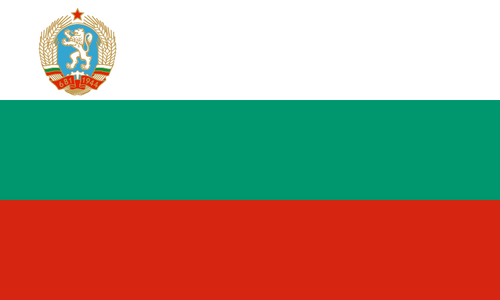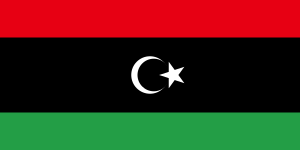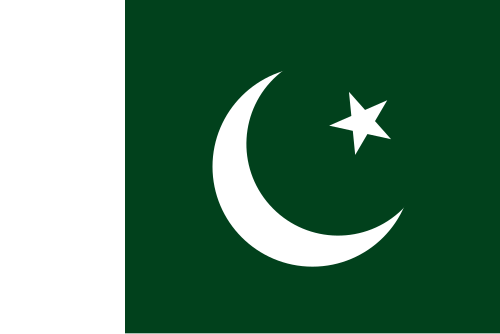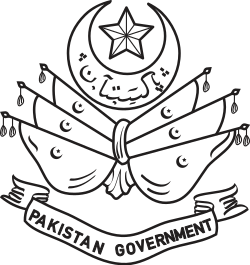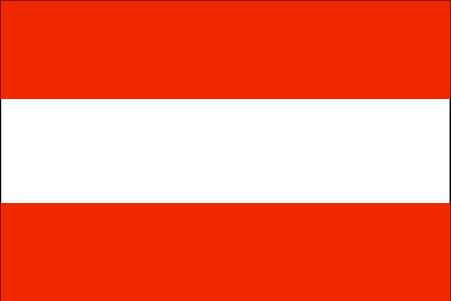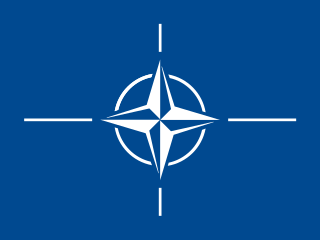Article I
CORPORATE FRAMEWORK
1.1 The Imperial State of Iran is to retain fifty-one percent (51%) equity in the National Iranian Oil Company (N.I.O.C) and is to divest forty-nine percent (49%) to a consortium of foreign petroleum corporations;
1.2 The composition of the International Consortium is to be as follows:
British Petroleum Company Ltd. (B.P.)
40%
Shell Petroleum N.V.
14%
Gulf Oil Corporation
7%
Mobil Oil Corporation
7%
Standard Oil Company of California
7%
Exxon Corporation
7%
Texaco Incorporated
7%
Compagnie Française des Pétroles
6%
Iricon Group of Companies‡
3%
[/TD]
‡ Iricon Group of Companies consists of: American Independent Oil Company, Atlantic Richfield Company, Getty Oil Company, Signal Oil and Gas Company, Standard Oil Company (Ohio), Continental Oil Company
1.3 A holding company, named Iranian Oil Participants Ltd. (I.R.O.P) is to be formed and registered in London, composed of shares held by the Iranian State (51%) and the International Consortium (49%).
Article II
OPERATIONAL STRUCTURE
2.1 Two operating companies, the Iranian Oil Exploration and Producing Co. and the Iranian Oil Refining Co., and to be formed and registered in Amsterdam and owned by the Imperial State of Iran;
2.2 Another corporation, the Iranian Oil Services Ltd., is to be established, for the purpose of providing the above-mentioned operating companies with supplies, engineering services and non-Iranian personnel, and registered in London;
2.3 I.R.O.P shall be granted under license, subject to annual renewal, free lease with the sole right to operate oil concessions and facilities held by the N.I.O.C;
2.4 In the use of the said oil concessions and facilities, I.R.O.P is to exclusively contract the services of the Iranian Oil Exploration and Producing Co. and the Iranian Oil Refining Co.;
2.5 The Iranian Oil Exploration and Producing Co. and the Iranian Oil Refining Co. may, at the behest of the Imperial State of Iran, contract the services of Iranian Oil Services Ltd..
Article III
NON-BASIC OPERATIONS
3.1 The cost of non-basic functions such as industrial training, public transport and road maintenance, hosing, medical care and social welfare, shall be borne by the Imperial State of Iran.
Article IV
PRODUCTION TARGETS
4.1 I.R.O.P agrees to produce crude oil according to minimums listed in Schedule A
Schedule A
1955
17.5 million cubic metres
1956
27.5 million cubic metres
1957
35.0 million cubic metres
4.2 Thereafter it is agreed to adjust the quantity of crude oil so attained in such manner as would reflect the trend of supply and demand for Middle East crude oil.
Article V
INTERNATIONAL SALE OF IRANIAN OIL
5.1 Members of the International Consortium shall be granted exclusive rights to the international sale of the petroleum products of the I.R.O.P.
Article VI
PROFIT SHARING, ROYALTIES, SERVICE FEES & TAXATION
6.1 The I.R.O.P shall share its profits on a 50-50 basis between the Imperial State of Iran and the International Consortium, with the latter receiving their share of the profits pursuant to percentage allocations specified in Clause 1.2.;
Article VII
ADDITIONAL PROVISIONS
7.1 All payments to the Imperial State of Iran, and to the operating companies previously identified in relation to profit sharing, are to be made in Pound Sterling (£GBP), subject to the free convertibility to U.S. dollars ($USD)
7.2 I.R.O.P shall provide to the United Kingdom of Great Britain and Northern Ireland up to two million two hundred thousand (2,200,000) British gallons of petroleum per annum at a discounted rate of twenty-five percent (25%) below market value, pursuant to the understanding between the Imperial State of Iran and the British Admiralty prior to the 1951 nationalisation of the A.I.O.C;
7.3 B.P is to receive from the Imperial State of Iran compensation of £25 million interest-free payable in ten equal annual instalments, beginning January 01 1957.
7.4 B.P is to receive a quit claim payment from members of the International Consortium:
(a) £32.4 million paid over approximately twelve months in three equal installments, commencing January 1 1955;
(b)five shillings per ton of crude oil and products exported from Persia by Consortium members other than B.P, until a sum of £40 million has been paid.
[x] UNITED STATES OF AMERICA
[ ] UNITED KINGDOM OF GREAT BRITAIN AND NORTHERN IRELAND
[ ] IMPERIAL STATE OF IRAN
Last edited:













